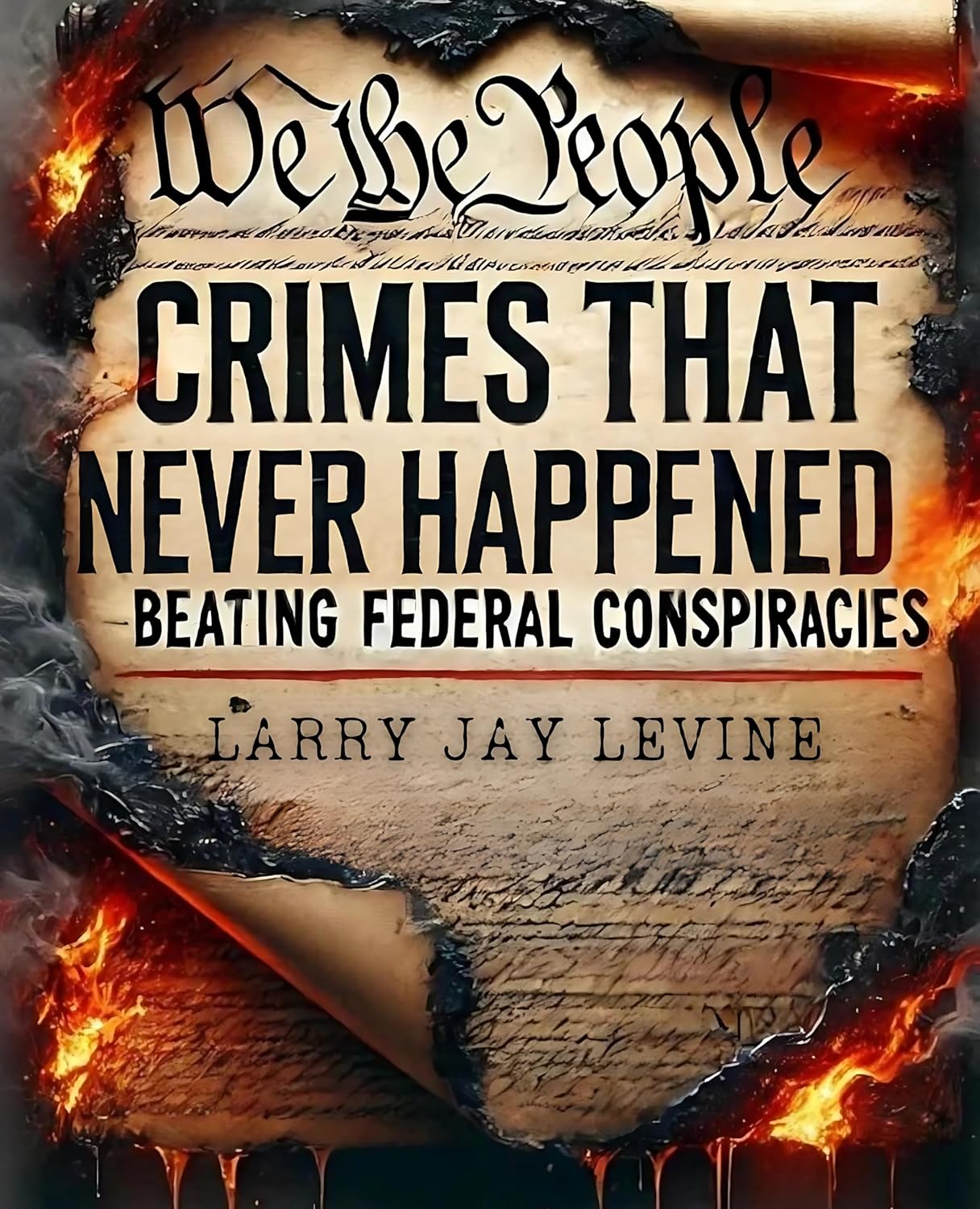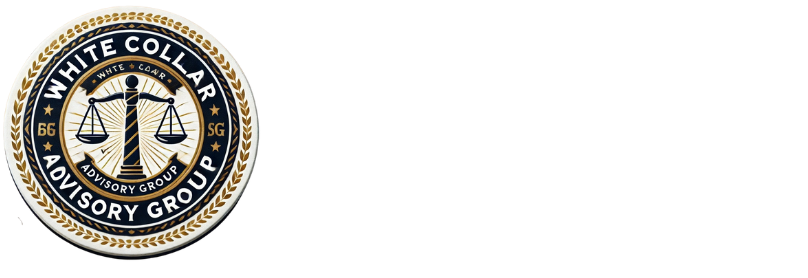What Is the ATF?
The Bureau of Alcohol, Tobacco, Firearms, and Explosives (ATF) is a federal law enforcement agency under the U.S. Department of Justice (DOJ). While the ATF is primarily known for regulating firearms, explosives, and alcohol/tobacco-related offenses, it also plays a significant role in investigating financial crimes linked to organized crime, firearms trafficking, smuggling, and terrorism.
ATF’s financial crime investigations often intersect with complex cases involving money laundering, fraud, and the illicit financing of criminal enterprises. These crimes are typically tied to broader conspiracies, including drug trafficking, illegal firearms sales, and terrorism financing.
Under ATF Investigation for Financial Crimes? Take Action Now.
If you’re under investigation by the ATF, you’re not just facing regulatory scrutiny—you’re dealing with potential federal criminal charges tied to complex financial crimes. ATF agents are highly trained in uncovering hidden financial networks that support illegal activities, and they rarely pursue cases unless they have strong evidence.
How White Collar Advisory Group Can Help You
That’s where White Collar Advisory Group comes in. We prepare criminal defendants in dealing with the federal court system and while attorneys focuses on courtroom strategy, we focus on protecting your future by preparing you for the realities of federal prosecution and prison life.
Our services go beyond legal defense—we focus on what comes next:
- Sentencing Preparation: Learn how to present yourself effectively to mitigate sentencing outcomes, including strategies for the Presentence Investigation Report (PSR).
- Prison Consulting: Guidance on navigating the federal prison system, from security classifications to daily survival strategies.
- Sentence Reduction Strategies: Advice on qualifying for programs like RDAP, compassionate release, and sentence mitigation tactics.
- Post-Conviction Support: Assistance with halfway house placement, supervised release, and reentry strategies after prison.
We’ve helped countless clients navigate the federal system, and we’re ready to help you.
Contact Us Now
📧 Email: help@whitecollaradvisorygroup.com
📞 Phone: 480-745-2000`
Self Help Books by Larry Levine
 |
 |
Key Areas the ATF Investigates Related to Financial Crimes
The ATF’s financial crime investigations often focus on disrupting the flow of illegal money that fuels organized crime, terrorism, and black-market economies. Their work targets both individuals and organizations engaged in financial misconduct.
How the ATF Conducts Financial Crime Investigations
ATF agents use a combination of forensic accounting, financial analysis, and undercover operations to uncover financial crimes. Their investigations often involve collaboration with other federal agencies through task forces like the Organized Crime Drug Enforcement Task Forces (OCDETF).
Key investigative techniques include:
- Financial Forensics: Analyzing bank records, wire transfers, and suspicious financial transacKey Areas the ATF Investigates Related to Financial Crimes
💰 1. Money Laundering (18 U.S.C. § 1956)
- Proceeds from Illegal Activities: Concealing or disguising money obtained from firearms trafficking, drug sales, or organized crime.
- Shell Companies and Front Businesses: Using fake corporations to launder illicit funds and obscure financial transactions.
- Trade-Based Money Laundering: Involving fraudulent invoicing, over/under-invoicing, and the manipulation of import/export operations to move dirty money.
🔫 2. Firearms Trafficking and Financial Crimes
- Illegal Arms Dealing: Using complex financial transactions to fund the illegal distribution of firearms domestically and internationally.
- Straw Purchases: Involvement in financial schemes where someone buys firearms on behalf of prohibited individuals, often tied to criminal organizations.
🚩 3. Terrorism Financing
- Illicit Financial Networks: Tracing the flow of money used to support terrorist organizations or extremist groups.
- Currency Smuggling: Investigating the illegal movement of large sums of money across borders to fund criminal enterprises.
🏭 4. Alcohol and Tobacco Smuggling
- Tax Evasion Schemes: Avoiding excise taxes through illegal distribution channels for alcohol and tobacco products.
- Contraband Sales: Laundering proceeds from the sale of untaxed or counterfeit tobacco and alcohol products.
⚖️ 5. Asset Forfeiture and Financial Crimes
- Seizure of Criminal Assets: Targeting bank accounts, vehicles, real estate, and luxury goods acquired through illegal activities.
- Financial Investigations Support: Assisting other federal agencies like the FBI, DEA, and IRS-CI in joint financial crime operations.
- tions to identify money laundering patterns.
- Surveillance and Undercover Operations: Monitoring suspects and infiltrating criminal networks to gather firsthand evidence.
- Subpoenas and Warrants: Obtaining access to financial documents, digital communications, and corporate records.
- Asset Tracing: Following the money trail to identify hidden assets, offshore accounts, and shell corporations.
- Interagency Collaboration: Working with the FBI, IRS-CI, Homeland Security Investigations (HSI), and FinCEN to track financial crimes across borders.
ATF’s financial investigations often lead to criminal indictments, civil asset forfeitures, and federal prosecutions in U.S. District Courts.
Penalties for Financial Crimes Investigated by the ATF
Crimes investigated by the ATF carry severe federal penalties, including long prison sentences, hefty fines, and asset forfeiture. Common penalties include:
- Money Laundering (18 U.S.C. § 1956): Up to 20 years in federal prison and fines of up to $500,000 or double the value of the laundered funds, whichever is greater.
- Firearms Trafficking (18 U.S.C. § 922): Up to 10 years in prison, plus enhanced penalties if tied to organized crime or terrorism.
- Terrorism Financing (18 U.S.C. § 2339B): Up to 20 years in prison and substantial fines for providing material support to terrorist organizations.
- Tax Evasion (26 U.S.C. § 7201): Up to 5 years in prison and fines of up to $100,000 for individuals and $500,000 for corporations involved in excise tax fraud related to alcohol and tobacco.
- Asset Forfeiture (18 U.S.C. § 981): Seizure of assets connected to criminal activity, including cash, real estate, vehicles, and luxury goods.
Sentencing follows the U.S. Sentencing Guidelines, with factors such as the financial loss, the defendant’s role in the crime, and the use of sophisticated means influencing the outcome.
Frequently Asked Questions About Financial Crimes
Does the ATF only investigate firearms crimes?
No. While firearms regulation is a major focus, the ATF also investigates financial crimes tied to firearms trafficking, organized crime, terrorism financing, and alcohol/tobacco smuggling.
How do I know if I’m under ATF investigation for financial crimes?
Signs include receiving a subpoena, being contacted by ATF agents, or noticing that your financial accounts have been flagged or frozen. If agents approach you, consult an attorney immediately.
Can ATF agents seize my assets without charging me?
Yes. Under civil asset forfeiture laws, the ATF can seize property suspected of being connected to criminal activity, even if criminal charges haven’t been filed yet.
Should I cooperate with ATF agents if they contact me?
No. You should never speak to federal agents without legal representation. Even seemingly innocent statements can be used against you in court. Always consult an attorney first.

